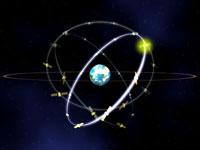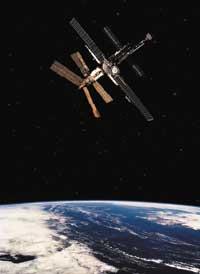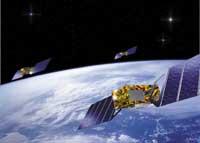For independence Galileo
2001/04/18 Carton Virto, Eider - Elhuyar Zientzia
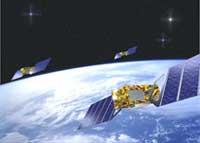
Unlike the GPS and GLONASS systems of the American Galileo, ESA and the European Union have announced that it will be public and civil. The position will be measured with a precision of 4 meters and ensure that the service will work almost in any situation. In addition, in case of a satellite failure, the user will be able to know the failure at six seconds.
GPS has long overtaken the limits of military applications. It is almost essential to sail in the sea and will soon spread to the ground and the sky. On the other hand, its use in scientific research is increasing. However, both GPS and GLONASS are in the hands of military and none are European. The promoters of the Galileo project have insisted on the need for a satellite navigation system managed by Europe itself and it seems that they have succeeded.
Galileo has already begun to make the way from paper to reality. At the beginning of this month, the Transport Ministers of the European Union have allocated 100 million euros for the implementation of the programme, and it is possible that at the end of this year another 450 million euros have been allocated. The program management team will then be formed. Meanwhile, ESA has started working on the first phase of the project through the GalileoSat program.
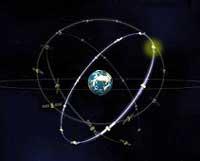
The cost of the Galileo satellite navigation system amounts to 2.9 billion euros, which will be borne by the European Union, the ESA and the private industry. In the first phase the program will be developed and the technology to be used will be valued. Three or four satellites will be placed in orbit and tests will be conducted before continuing the project. It will spend 1,000 million euros. If all goes well, it will take another 1,000 million euros to launch a dozen orbiting satellites and navigation system, and another 0.9 million euros to space the rest of satellites and complete the system. They point out that the amortization will be achieved immediately and that the technology developed specifically for Galileo will generate a profit of 90 billion euros in 20 years.

Gai honi buruzko eduki gehiago
Elhuyarrek garatutako teknologia




